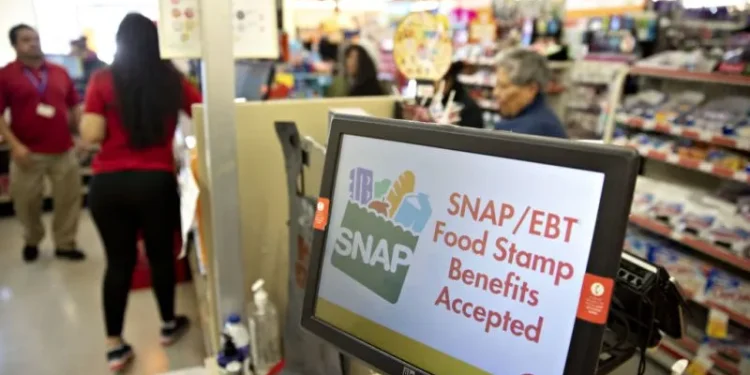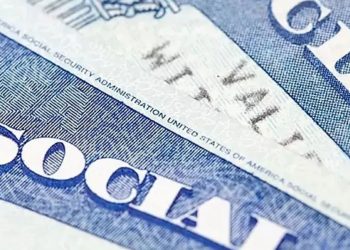A district court judge this week ordered Missouri to take corrective action to improve its SNAP program, noting that the state has made “no progress” in addressing violations highlighted in a 2024 court ruling.
SNAP, the Supplemental Nutrition Assistance Program, provides food benefits to low-income families.
Court Demands Action from Missouri’s Department of Social Services
On May 6, the court ordered the Missouri Department of Social Services (DSS) to comply with the SNAP Act, the Due Process Clause, and the Americans with Disabilities Act (ADA). The court specified the steps DSS must take under its supervision to resolve the issues.
Because DSS has failed to meet the requirements outlined in the 2024 ruling, the court set benchmarks for SNAP program administration that the agency must achieve.
DSS has 60 days to:
-
Implement significant changes to simplify the application process, including offering online, mobile, and mailed paper applications.
-
Stop denying applications for failing to complete interviews if the applicant made reasonable attempts, and inform applicants of the interview requirement and ways to complete it, such as face-to-face interviews.
-
Reduce average call center wait times so that 90% of callers experience no more than a 20-minute wait.
-
Limit application rejections due to missed interviews to no more than 20% of all applications.
-
Develop an ADA-compliant policy for the SNAP program.
Katie Deabler, an attorney with the National Center for Law and Economic Justice (NCLEJ), expressed gratitude for the court’s ruling, emphasizing the importance of fixing the barriers that prevent low-income and disabled Missourians from accessing SNAP benefits.
Legal Battle Over Missouri’s Administration of SNAP
This action follows a federal lawsuit filed in 2022 against Missouri DSS Director Robert Knodell, who was replaced by Jessica Bax as director.
In May 2024, the court issued a summary judgment ruling stating that Missouri’s administration of SNAP violated federal law and the ADA.
Despite repeated reports showing no progress in addressing the violations, the court criticized DSS’s efforts as insufficient.
The court’s 2025 ruling stated:
“[DSS’s] ‘promises’ that it is doing the best it can in its administration of SNAP and in its compliance with ADA are both too little and too late to be credible.”
SNAP Application Rejections and Call Center Issues
One of the primary concerns raised was DSS’s failure to reduce call center wait times.
In March 2025, the court reported an average wait time of 49 minutes and 37 seconds for the SNAP interview call center. The number of deflected calls and customer disconnects was also significant, with nearly 50,500 deflections and 15,900 disconnects due to long wait times.
The court also revealed that 48.22% of SNAP applications were rejected solely for failure to complete the interview, without considering any other qualifying factors.
ADA Compliance Still Unresolved
Another major issue was the DSS’s lack of compliance with ADA standards.
Despite reporting in March 2025 that it was working on an ADA policy, DSS had not adopted any such policy or presented a draft since the lawsuit was filed.









